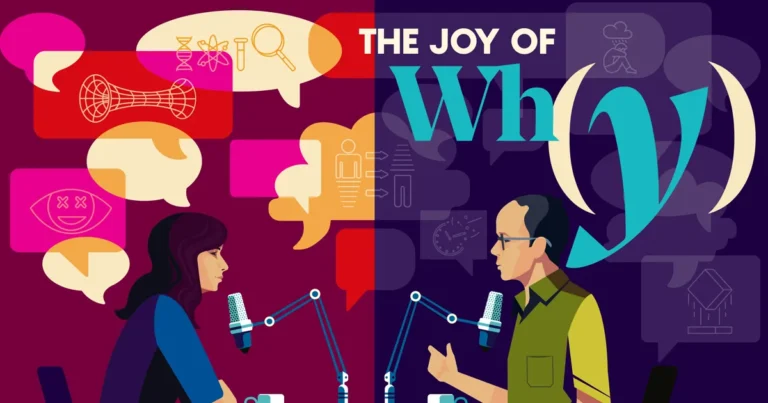Still reeling from nature’s dispassionate displays, I found an antidote in my own conversation with the neuroscientist Stephanie Preston on altruism. We humans share a great deal of evolutionary history with those locusts, but our paths diverged some 600 million years ago. While they do not seem to feel terribly guilty about their attempts to eat each other, we are fraught with anxieties about the ethical implications of our powerful drive to survive. Through random mutations, guided by environmental pressures, increasingly complex brains developed, culminating in the neurotic messes that are us. Along the way, still out of the necessity for survival, an instinct for altruism emerged that can be traced to the neurobiology and neurochemistry of our anatomies. The research indicates that the loci of this altruism are in parts of the brain — the striatum, the hypothalamus — common among mammals. Stephanie provoked me to wonder if a future species would in turn possess a significantly more muscular altruism and would reflect with some revulsion on the cruelty its human ancestors showed to each other and other animals. Yet, in their biology will be a remnant of ours. They will have inherited the seeds of altruism along with the Earth we terraformed, because, let’s face it, even if we don’t tackle the climate crisis, the Earth will endure, it just won’t be habitable for us.
In a few billion years, irrespective of our finest efforts, the Earth will be inhospitable to all life. In the sun’s death throes, it will vaporize the inner planets — Earth most likely included. Our elements will travel with the solar system in a long, leisurely orbit around a mega-supermassive black hole, the behemoth a consequence of the Milky Way’s merger with Andromeda. There we may well end up, falling into a black hole, carrying all our secrets with us into oblivion. Unless. The renowned theoretical physicist Lenny Susskind assured me that every last qubit of quantum information will languidly leak from the black hole in Hawking radiation until the evaporation escalates and the black hole explodes out of existence. Everything will be cast out into an ever-expanding universe until diluted into emptiness. Or, possibly, there will be a rich plot twist and the universe will keep churning and processing and computing information. Learn more in our episode on the black hole paradox, coming soon.
Time unfurls toward that uncertain future, unless the future already exists. The past could still be out there too. Maybe time is even more like space than we imagine, and the real quandary is why we never accidentally take a wrong turn and end up in yesterday. Steve took up the mystery of time and its apparently relentless arrow with the Nobel laureate Frank Wilczek. Fundamental laws of physics are manifestly invariant under time reversal, yet life manifestly is not. Why does Steve’s back ache with age instead of growing stronger each year? Frank argued that in its steady insistence on greater disorder, Steve’s body is doing cosmology. This universe began with a fiery bang, replete with a spectacular and frothing primordial soup. Still, although the early universe was chaotic and tumultuous, the cosmos retained tremendous potential for the future to unfold. And that is the scientific curiosity that remains mystifying. Why didn’t the universe begin in a maximal state of disorder, leaving no potential for anything else to happen? And what would time even mean in a never-changing universe?
Yet so much has happened. Matter triumphed over antimatter. Black holes and galaxies coalesced out of the slosh. Stars synthesized elements, and planets followed. Eventually, life crawled out of terrestrial oceans. Locust swarms blanketed deserts, and homo sapiens battled their base instincts with an equally instinctive altruism, and still do, as we hurtle forward in time, always forward. All of it an absolute marvel. We hope you’ll marvel with us this season on The Joy of Why.
New episodes will be released every other Thursday, starting February 1 with Steve’s joyous exploration of what makes for good math with the mathematician of mathematicians, Terry Tao. All 24 episodes from season 3 will be available here or wherever you get your podcasts.

